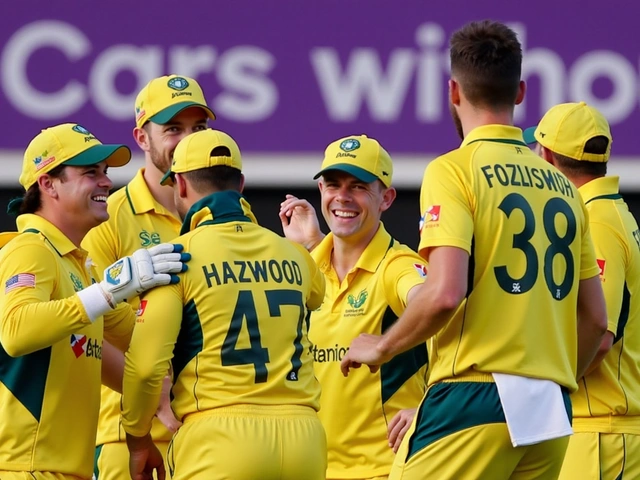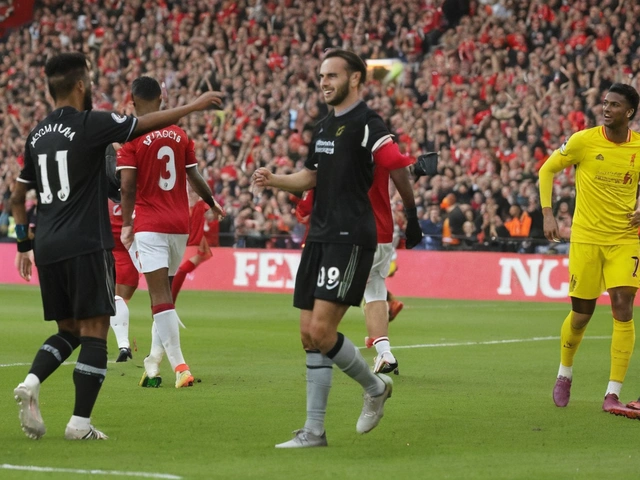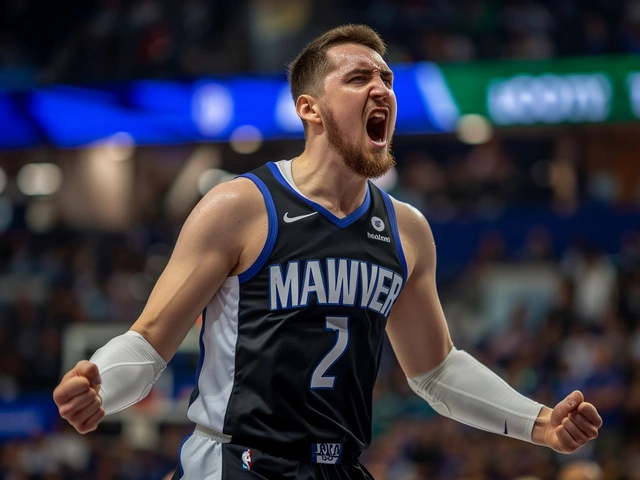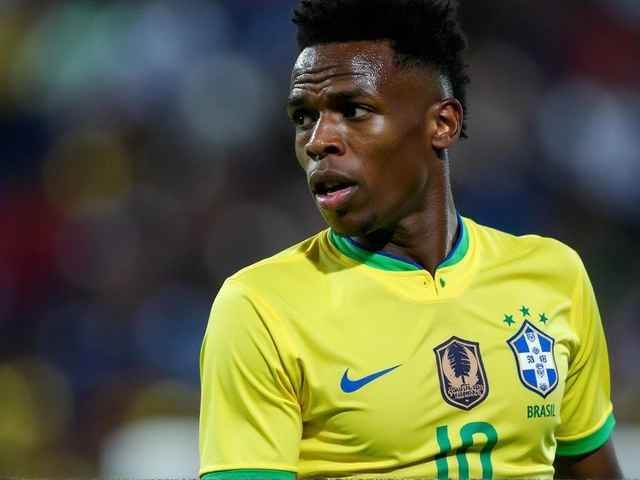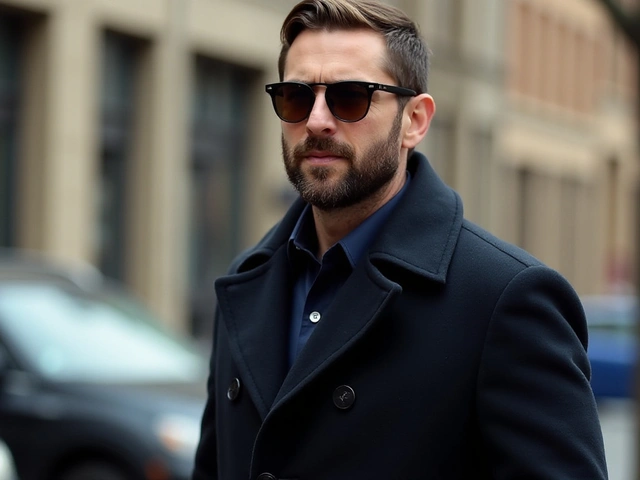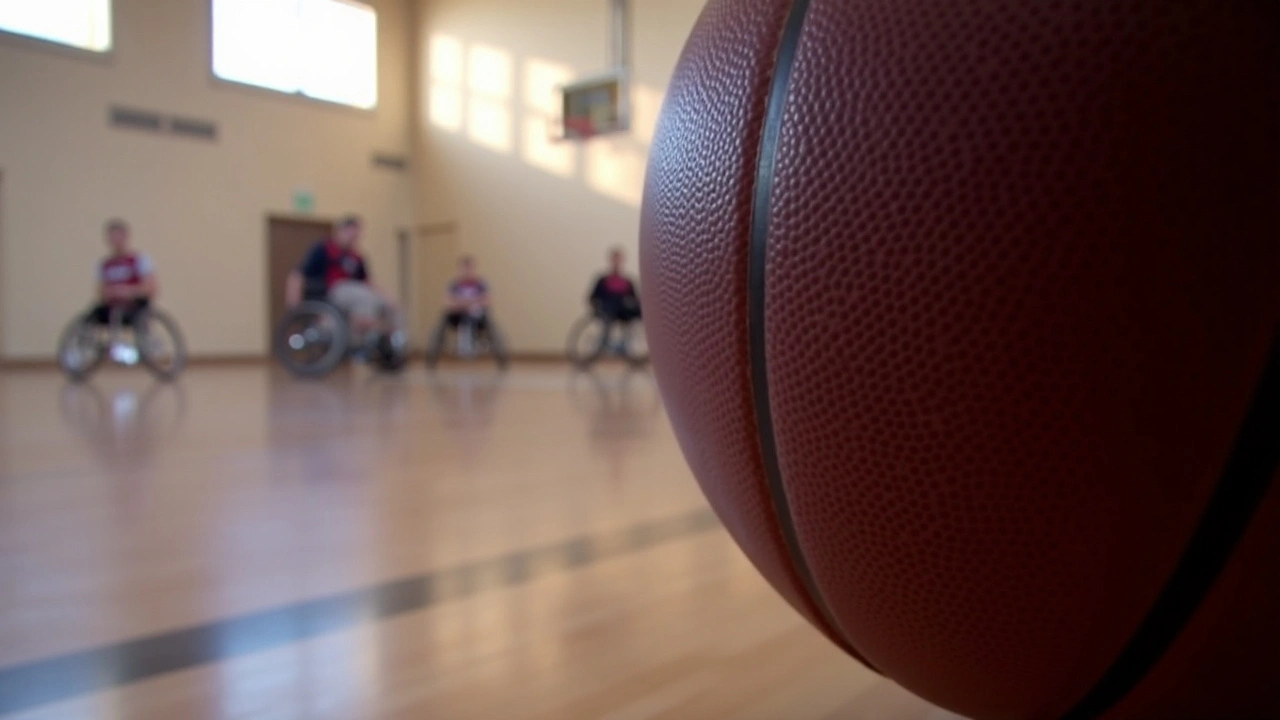
America's Wheelchair Basketball Journey to Paris 2024
As the U.S. men's wheelchair basketball team embarks on their journey for a historic third consecutive title at the 2024 Paris Paralympics, the Berkeley community is alight with excitement. The team's campaign has already started on a winning note as they clinched a 66-56 victory over Spain in their opening match. This victory set the tone for what promises to be a thrilling tournament, and the local wheelchair basketball community is rallying behind them every step of the way.
At the heart of this community is the vibrant Berkeley wheelchair basketball league, run under the Bay Area Outreach and Recreation Program (BORP). This program has been instrumental in bringing together a diverse group of athletes from across the state, providing them with opportunities to compete and hone their skills in a supportive environment.
BORP: A Hub for Wheelchair Basketball Enthusiasts
Under the dedicated leadership of coaches like Jorge Macias, BORP's wheelchair basketball league has flourished. Macias emphasizes the importance of making the sport accessible to everyone. "Opportunities for wheelchair basketball are limited, so we try to attract participants from all over the state," he notes. The league's wide reach has not only fostered local talent but also strengthened the sense of community among players and supporters.
One such player is Armando Rodriguez, who has been paralyzed for 17 years. Rodriguez found a newfound sense of purpose and joy through BORP. He first got involved with the league to stay active and socially connected, but it quickly became much more than that. Over time, he developed a deep admiration for the skills and dedication of his fellow athletes, particularly Bay Area resident Brian Bell.
Brian Bell: A Local Star with National Aspirations
Brian Bell is a celebrated figure within the Berkeley wheelchair basketball community. His performance in the opening game against Spain was nothing short of stellar. Bell's ten points and ten rebounds were critical in securing the win, but his influence extends far beyond the stats. For many, including Rodriguez, Bell represents the epitome of hard work and perseverance.
Rodriguez had the opportunity to participate alongside Bell in a recent tournament held in Thrive City. This event was not just a display of athletic prowess but also a testament to the unity and camaraderie within the wheelchair basketball community. "Playing alongside someone as talented as Brian is inspiring," Rodriguez shares. "It shows what can be achieved with dedication and the right support."
The Importance of Specialized Equipment in Wheelchair Basketball
Rodriguez also stresses the importance of having the right equipment, particularly a sports chair, to compete effectively. "A sports chair can make all the difference," he explains. These chairs are designed to be lightweight and highly maneuverable, enabling players to perform at their best. Unfortunately, they can also be quite expensive, which adds another layer of challenge for aspiring athletes. This is where programs like BORP play a crucial role, helping to secure funding and provide access to necessary equipment.
Building a Supportive Community
The Berkeley wheelchair basketball league is more than just a sports program; it is a lifeline for many individuals with disabilities. It offers a space where they can compete, build friendships, and challenge themselves physically and mentally. The sense of community and mutual support is palpable, and events like the Thrive City tournament serve to strengthen these bonds.
Jorge Macias points out that the league's success isn't just measured by wins and losses. It's about the impact it has on participants' lives. "Seeing the progress our players make, both on and off the court, is incredibly rewarding," he says. "It's about creating opportunities and showing what's possible."
The Road to History: Team USA's Prospects
As Team USA prepares to face Germany on Friday, the Berkeley community remains hopeful and excited. A win would bring them one step closer to making history with a three-peat, a feat never before achieved in the Paralympic Games. For players like Rodriguez, this is more than just a sporting event. It's a symbol of what can be achieved through determination, teamwork, and the unwavering support of a community.
"Seeing Team USA win would be monumental," Rodriguez reflects. "It would show that we can overcome any obstacle, no matter how big." The support from the Berkeley community and beyond serves as a powerful reminder of the broader impact of sports. It's not just about the competition; it's about the stories, the struggles, and the triumphs that come with it.
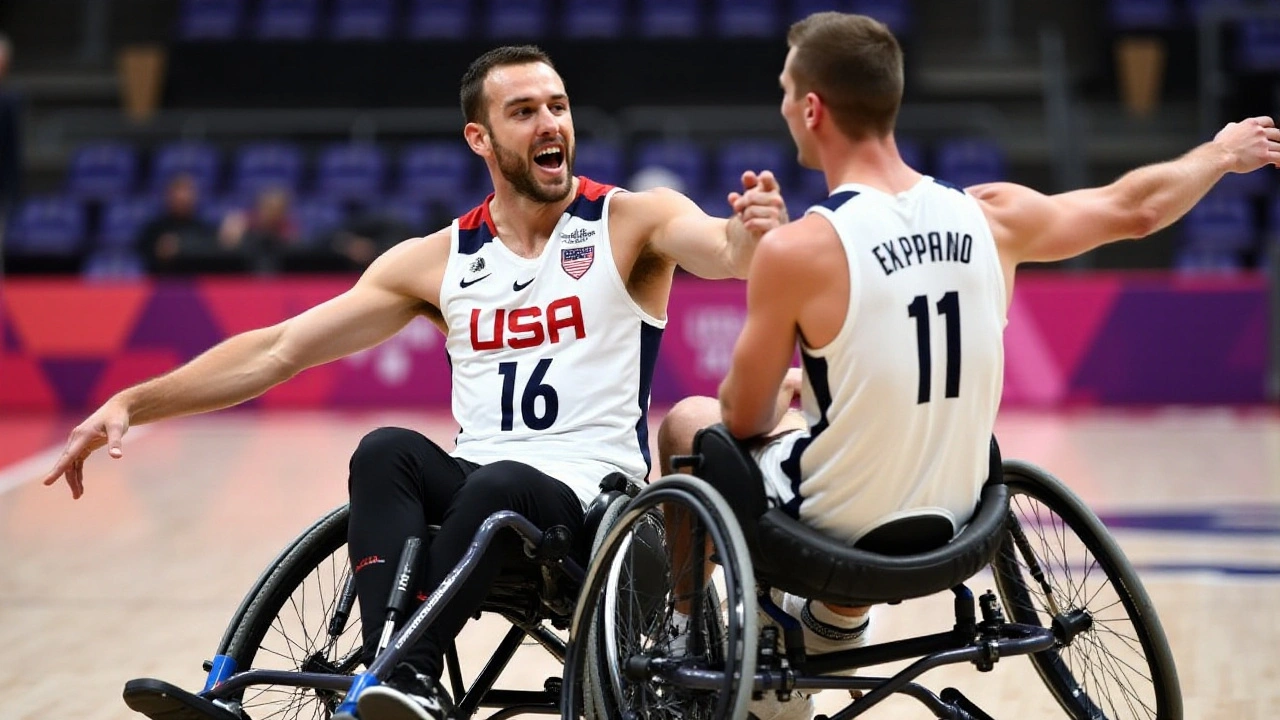
A Bright Future for Wheelchair Basketball
The enthusiasm surrounding Team USA's campaign has also ignited a renewed interest in wheelchair basketball at the grassroots level. BORP hopes to capitalize on this momentum by expanding its programs and reaching even more athletes. "We're always looking for ways to grow and improve," Macias says. "The better we can support our players, the more they'll be able to achieve."
As the U.S. men's wheelchair basketball team continues their quest in Paris, the impact of their journey resonates far beyond the court. Their success serves as an inspiration to countless individuals, proving that with dedication and support, anything is possible. The Berkeley wheelchair basketball league stands as a testament to this spirit, embodying the resilience and community that lies at the heart of sports.
The journey to Paris is just one chapter in a much larger story, one that continues to unfold in gyms, parks, and communities all across the country. And as Team USA battles for glory on the global stage, they carry with them the hopes and dreams of a nation, united in the pursuit of greatness.

